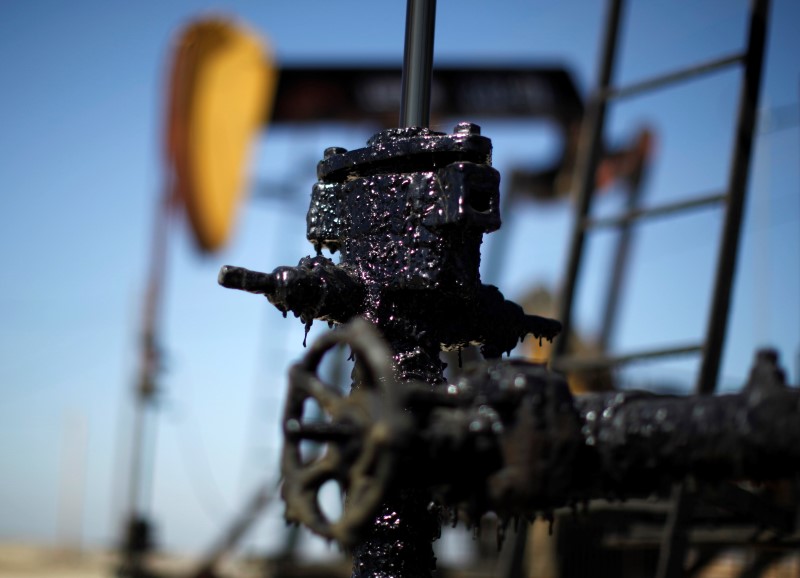LONDON (Reuters) - British industrial output grew at its fastest rate in six months in March, official data showed on Tuesday, after an unexpected bounce in oil and gas extraction, easing fears that strong economic growth is starting to slow.
Industrial output rose 0.5 percent in March -- the strongest growth since September and above economists' forecast of no change -- after inching up by 0.1 percent in February, the Office for National Statistics said.
Manufacturing also grew faster than expected, though this comes at the end of 12 months of weak growth for the sector, highlighting a challenge facing newly re-elected Prime Minister David Cameron, who has said he wants Britain's economy to be less reliant on consumer demand.
For the first quarter as a whole, industrial output rose by 0.1 percent, in contrast to the 0.1 percent decline which the ONS had pencilled into its preliminary estimate of first-quarter gross domestic product growth last month.
The ONS said this was insufficient on its own to point to an upward revision of overall GDP growth when a second estimate is published on May 28.
Britain's economy grew by 2.8 percent in 2014, the fastest growth rate of any big advanced economy, but lost pace in the first quarter of this year when total output rose by just 0.3 percent.
Tuesday's data showed manufacturing output rose by 0.4 percent after upwardly revised growth of 0.5 percent on the month in February, slightly faster than expected.
But compared with a year earlier, factory output is just 1.1 percent higher, the weakest growth rate since December 2013.
Oil and gas extraction rose at its fastest rate since February 2014, up 4.9 percent on the month and bucking a general downward trend, which has been worsened by falling oil prices and rising production costs as North Sea oil gets scarcer.
On the year, industrial output as a whole was just 0.7 percent higher, weighed down by a 5.1 percent fall in oil and gas production over the same period.
Some economists say that uncertainty around the time of the election may have weighed on manufacturers building capital goods, while the strength of sterling against the euro could be hampering exports to the currency bloc.
A private-sector survey of factory purchasing managers showed that activity suffered its sharpest slowdown in more than two years in April, after recording moderate growth in March.
Compared with before the financial crisis, the picture is still grim. Manufacturing output is almost 5 percent lower than its pre-crisis peak in early 2008, while industrial production is more than 10 percent lower.
(Corrects release date of next GDP data to May 28 from May 29)
